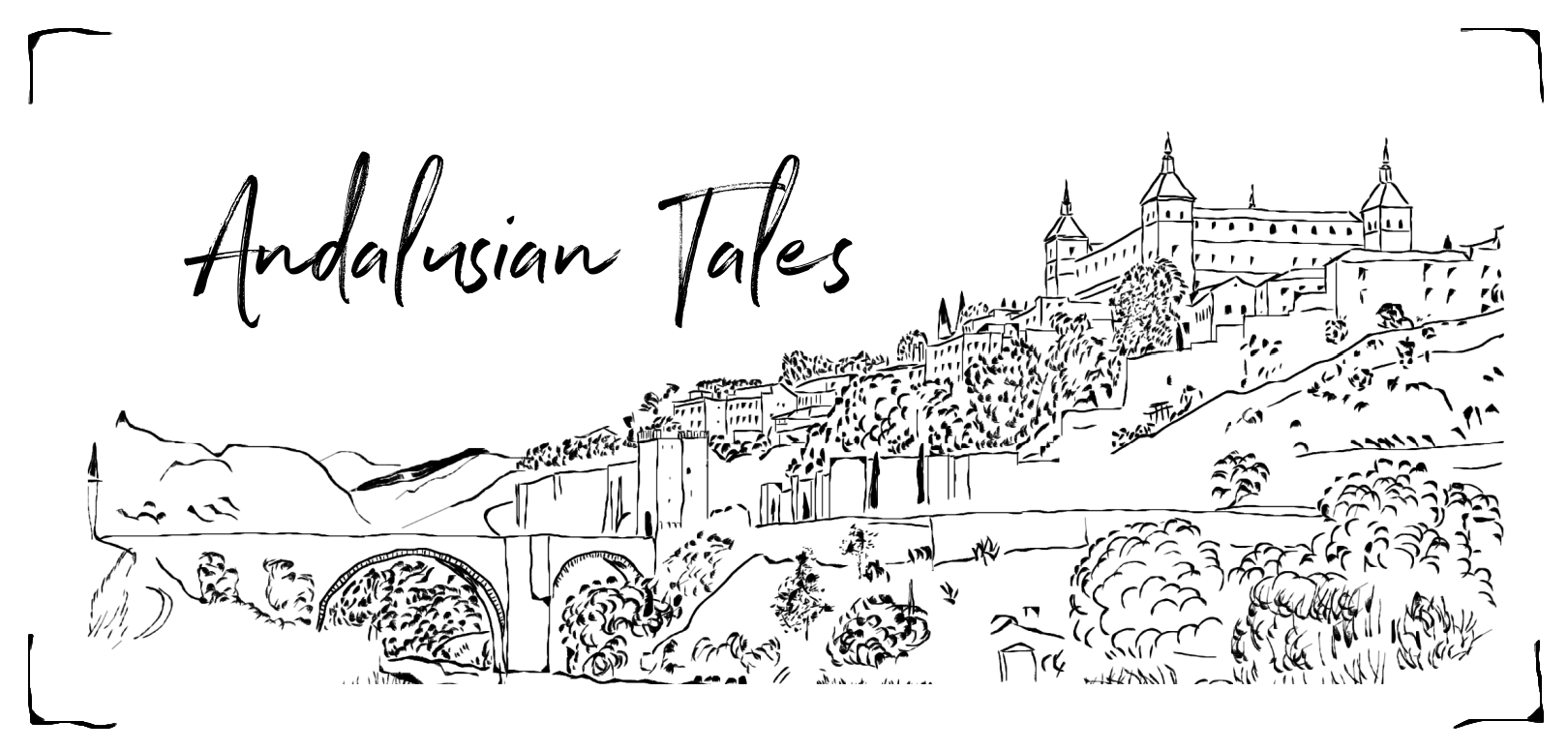Liturgical Conflicts – III
As I’ve noted in earlier entries, in the late 11th century a number of popes were intent upon unifying liturgical practice across Christian Europe. In Spain that effort was opposed by Christians who had been living under Moorish rule for centuries and had developed their own Arab language rite. Loyal to what would later be dubbed the Mozarabic Rite, these Christians didn’t appreciate Rome’s efforts, to put it lightly.
According to lore, in addition to the “El Juicio de Dios”, the battle between two knights, “one a Castilian and the other a Toledan”, as well as the story that two bulls, one named “Roma” and the other “Toledo”, were set to fight, and there also the victory was with Toledo, there was a challenge by fire. As the New Advent encyclopedia describes it, a copy each of the Roman Rite and the Mozarabic Rite “were thrown into a fire. By the time the Roman book was consumed, the Toledan was little damaged. No one who has seen a Mozarabic manuscript with its extraordinarily solid vellum, will adopt any hypothesis of Divine Interposition here.”
As with the earlier two incidents, I have adapted this incident for Song of Toledo. The following is an excerpt. I apologize for cutting the scene off rather abruptly, but it leads to the book’s climax, and for that I hope you’ll read the entire book.
From Song of Toledo:
Across the plaza, in the farthest corner from the cathedral, a large crowd had gathered in a circle. Through the crowd they could see a fire that had only recently been started but, judging by the flames reaching skyward, was becoming larger by the moment.
“What is that?” Brother Bernardo wondered aloud as they slowly began to move forward.
At least 50 people had gathered around a fire that had been started since Vespers began, and more people were spilling into the plaza from the surrounding streets. As they moved closer, the soldiers who had previously been on guard around the edges of the plaza formed a line between the crowd and the fire. They pushed the crowd back into a semi-circle around the fire, and when Pelayo looked closer he could see the cause of the fire behind the soldiers. A monk and two other soldiers, it appeared, were taking books from a cart and throwing them into the fire. Each armload of books sent a shower of sparks flaring skyward, and each shower of sparks spurred the crowd further into what was clearly a state of increasing agitation. When Pelayo and Brother Bernardo first came out of the cathedral, it was difficult in the fading daylight to see who the monk was, but by the time they’d made it half-way across the plaza they could see clearly that it was Brother Raúl.
When he realized who it was, Brother Bernardo began walking more quickly and finally broke into a run. Pelayo followed as closely as he could, but while the guards let Brother Bernarod pass to the fire, they held the boy back. Breathing heavily, Brother Bernardo went to the edge of the fire and picked up one of the books. As an old man with a long, gray beard shouted and shook his fist at Brother Raúl, Brother Bernardo leafed quickly through the charred pages of the book in his hand, then he tossed it aside and began to reach into the fire for any books that weren’t already burned beyond recognition. When one of the soldiers threw another armload of books from the cart into the fire, sending another shower of sparks towering into the air, Brother Bernardo had to jump back. He wiped his face and looked at the fire, then turned to Brother Raúl.
“Has it come to this, Raúl?” he shouted.
The crowd was growing more agitated by the moment, although it didn’t seem clear to anyone what exactly was going on.
“It has come to what is necessary,” Brother Raúl replied without stopping. He was moving quickly, turning as little as necessary and grabbing as many books as he could hold without stopping.
Brother Bernardo reached for the book he’d first picked up.
“This is our heritage,” he shouted, shaking the book at Brother Raúl. “It is written in a language you don’t understand, . . .”
“That is not the point, Brother,” Brother Raúl replied.
Pelayo realized then that the cart was loaded with prayer books written in Brother Bernardo’s native Arabic, and he learned later that Brother Raúl had spent much of his time since arriving going into churches across the city and confiscating as many of them as he could find.
